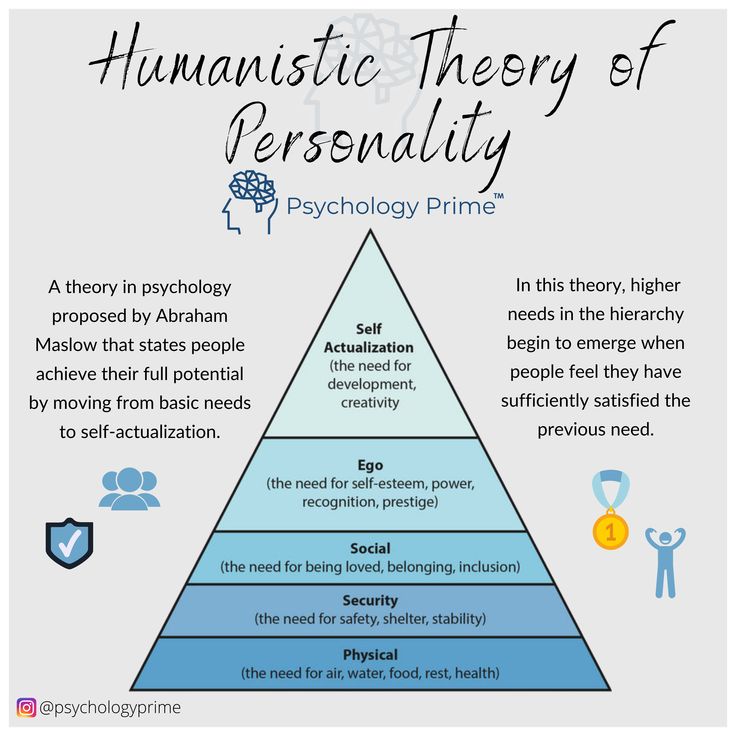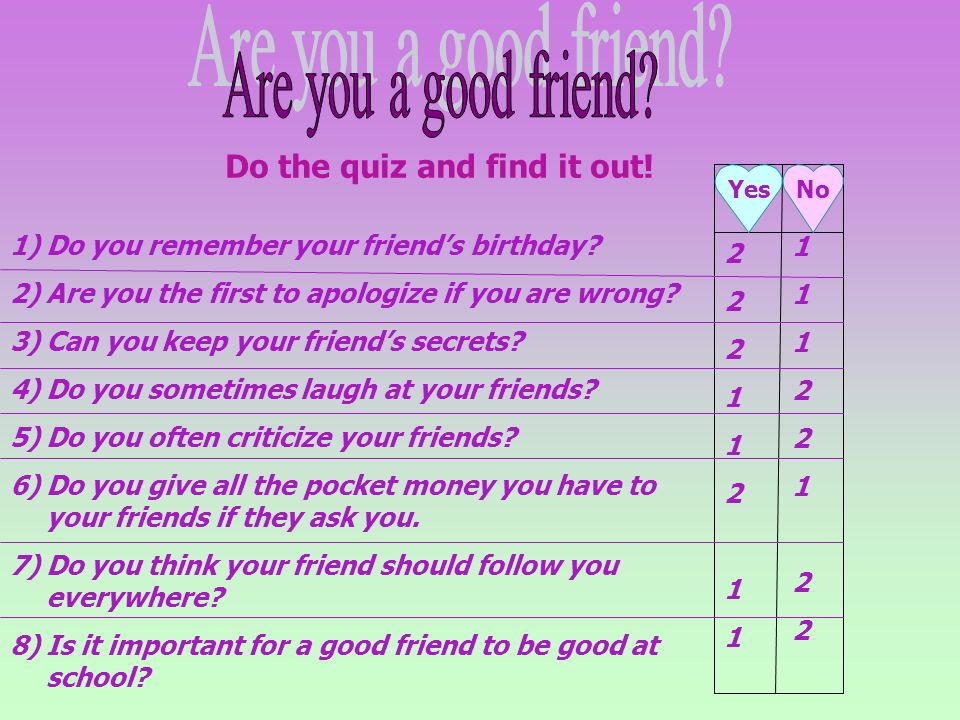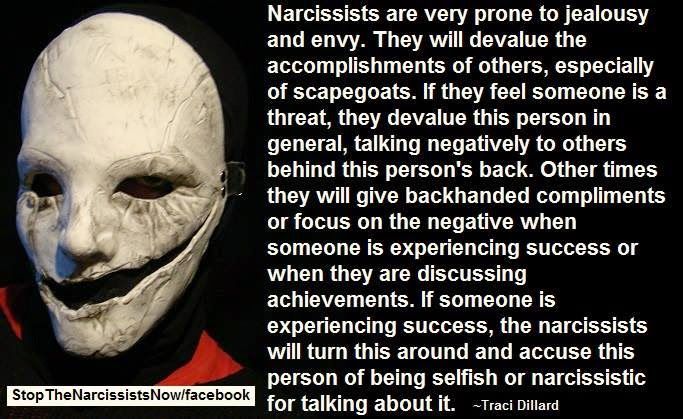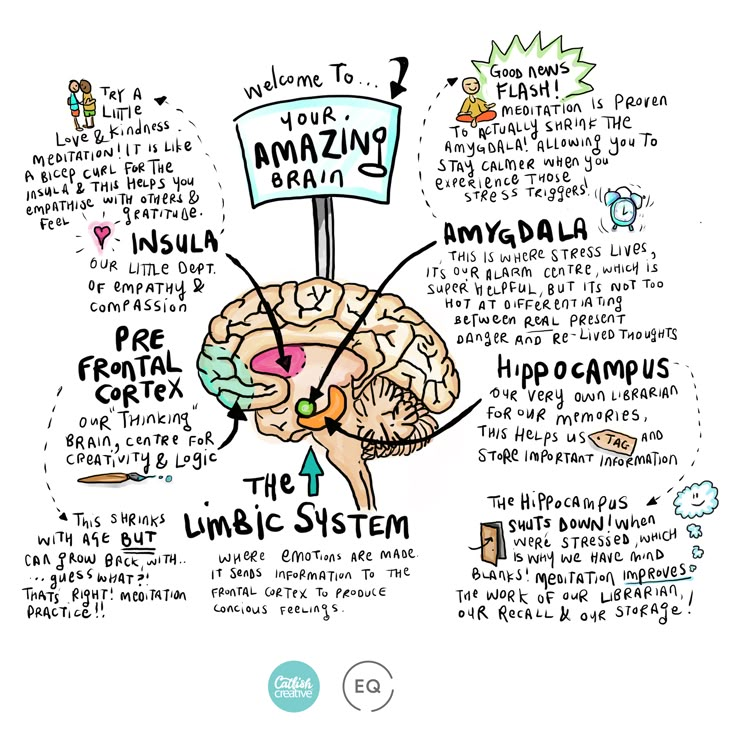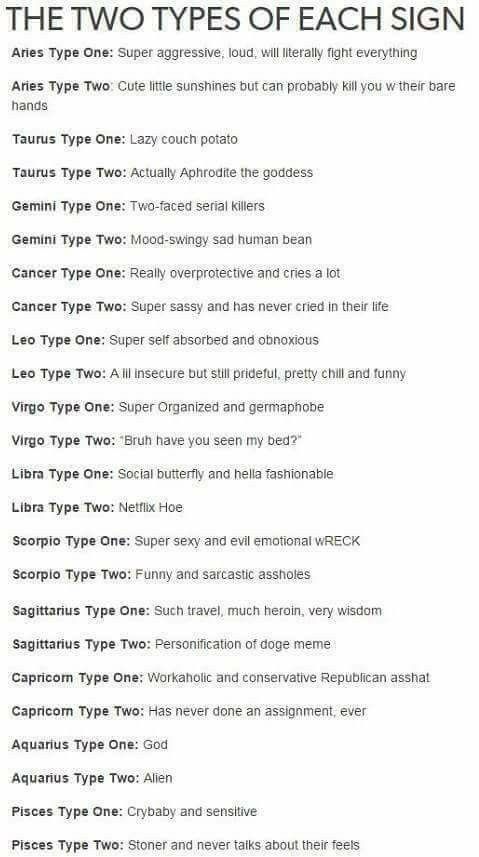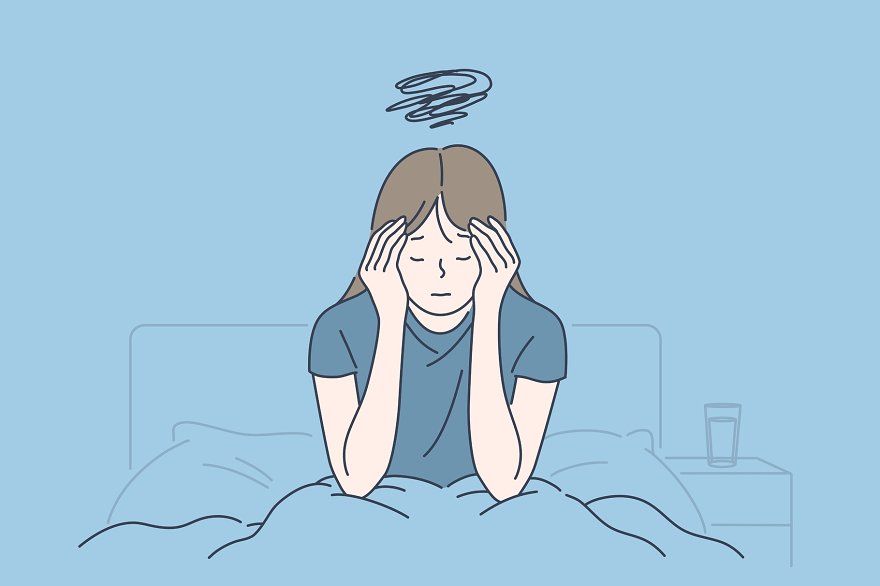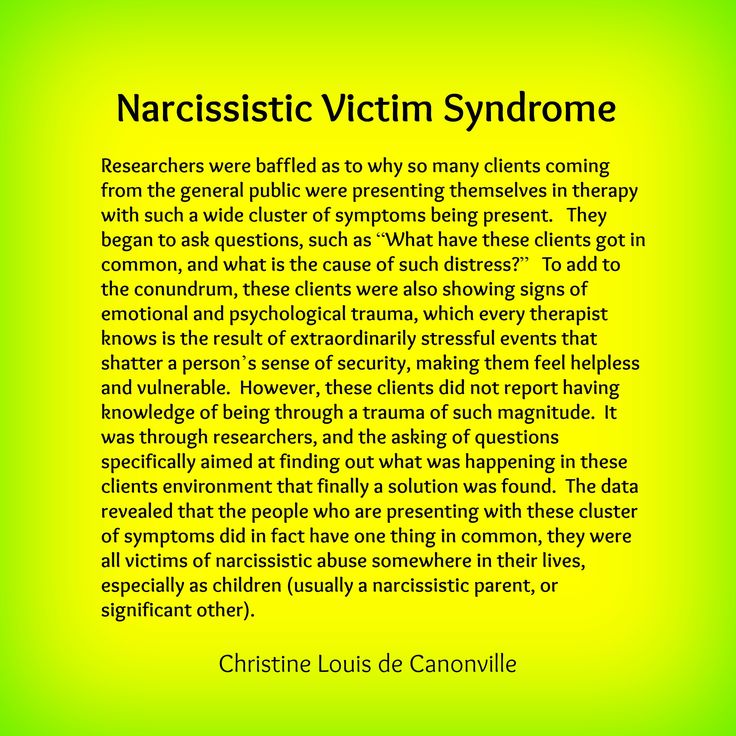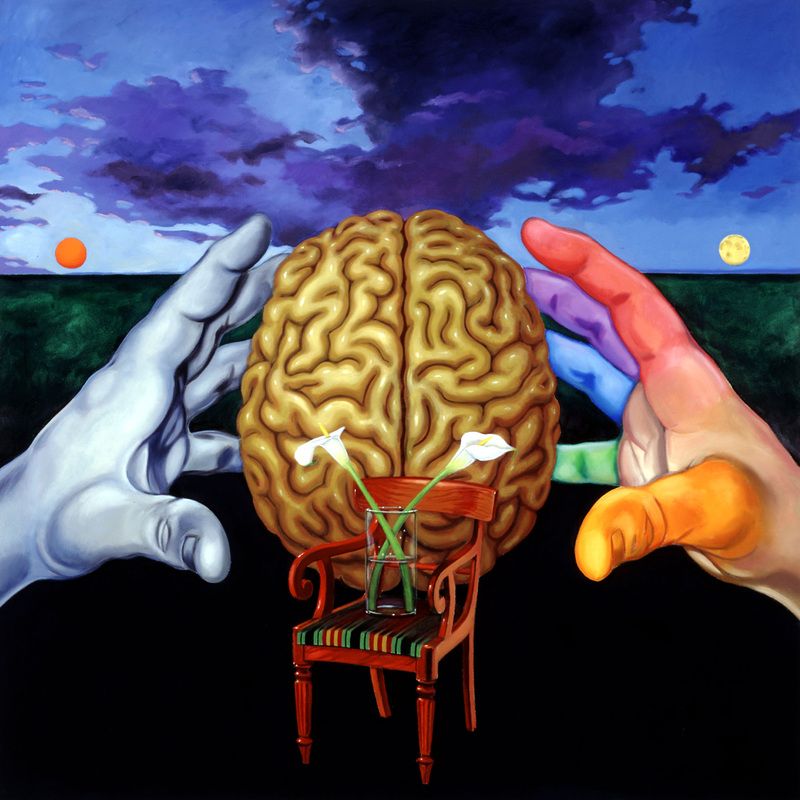Distance yourself from someone who hurt you
Why & How To Emotionally Detach Yourself From Someone
loneliness
Last Update on January 19, 2023 : Published on April 15, 2020
Whether we talk about a toxic friendship or a toxic romantic relationship, there are times when we need to just let go and get emotionally detached. Some relationships are too emotionally draining, not only on your physical health but on your mental and emotional health.
Here, detaching yourself from others can be the only way out to protect your mental and emotional well-being. Before we get into why and how to detach emotionally from someone, it is important to know what emotional detachment actually is.
Emotional detachment is the ability to disconnect from another person on an emotional level. This means you are actually willing to end all emotional ties with the other person. Despite being seen in a bad light often, there are times when you should know the art of emotionally detaching yourself from others.
When needed, it can be your ultimate weapon against an emotionally draining relationship. Before you learn how to distance yourself from someone, let’s take a look at what is detachment.
What Is Detachment?
You can think about detachment in two different ways. One, it can mean avoiding specific people or situations that constantly cause you stress or anxiety. These people or situations can also be emotionally draining that you want to avoid, so you want to detach yourself from such. Two, it can mean creating solid boundaries to protect your mental and emotional health.
Setting boundaries can help you avoid stress, anger, anxiety, disappointment, and resentment that usually occur in relationships – personal and professional. These feelings occur when your limits are pushed beyond your control.
Now, detachment does not mean that you lack emotions, nor it means that you lack empathy. Emotional distancing can be a sign of depression but voluntarily detaching yourself from someone does not mean that you have depression.
Emotional distancing can be a sign of depression but voluntarily detaching yourself from someone does not mean that you have depression.
Detaching from someone is a sign of maintaining healthy boundaries where expectations are clear and what are your limits are clearly defined. While emotional detachment from someone might look rude, it’s not the intention of one who prefers to emotionally distance themselves from someone.
What Causes Emotional Detachment?
Many reasons could be behind practicing emotional detachment from someone. Some of the reasons could be;
- Negative experiences such as neglect, abuse, or trauma
- Personal decision
- Struggling with PTSD, depression, or personality disorders
When you choose to detach yourself from someone, understanding or stating your reasons for the decision can help you make rational choices. If you’re unable to understand your reasons for detaching yourself from someone – emotionally – you can consider speaking to a professional who can help you identify your reasons and how you can healthily detach yourself from someone you love deeply.
Talk to the experts right now!
It is very hard to emotionally detach yourself from things that you have developed a bond with. Yes! There are times when we are so deeply attached to someone that any sort of detachment is tough.
So, how to detach yourself from someone you love deeply? Here are some of the best ways you can detach yourself spiritually and Emotionally from things or people. Again make sure you put these points into practice and see yourself changing gradually.
1. Find A Very Concrete Reason Why You Want The Detachment
Again, we are not saying to completely stop communicating with someone or behave with contempt. Yet, there should be at least one point that will take out all the emotions from you towards that person or thing. Think of this reason and keep reminding yourself every day that it is this very reason because of which you want to completely detach yourself from this person or thing.
Let’s say you want to find an answer to how to detach from someone you love.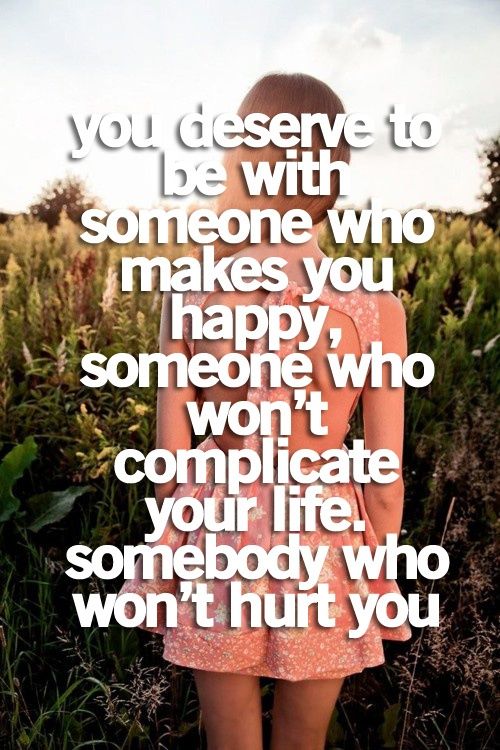 Maybe this person has now become very toxic, he or she has started to become indifferent, has started to belittle you. You probably won’t need more reasons to emotionally detach yourself. Still! As a person of a stronger character, don’t disrespect them back or belittle them.
Maybe this person has now become very toxic, he or she has started to become indifferent, has started to belittle you. You probably won’t need more reasons to emotionally detach yourself. Still! As a person of a stronger character, don’t disrespect them back or belittle them.
Also Read: 5 Simple Steps to Deal with Toxic People
2. Start Small But Take Gradual Steps
Emotional detachment in relationships doesn’t happen overnight. You won’t be able to completely detach yourself from someone just like that. So, start by getting rid of small memories that remind you of them. Maybe you could get rid of their messages to begin with.
3. Invest In Your Skills, Keep Yourself Preoccupied
This is the time you can become better at a skill and become so good that you don’t have to depend on people.
Remember how earnestly you wanted to get into that university? Remember your dream job for which you were looking for courses? Well! This could be an opportunity.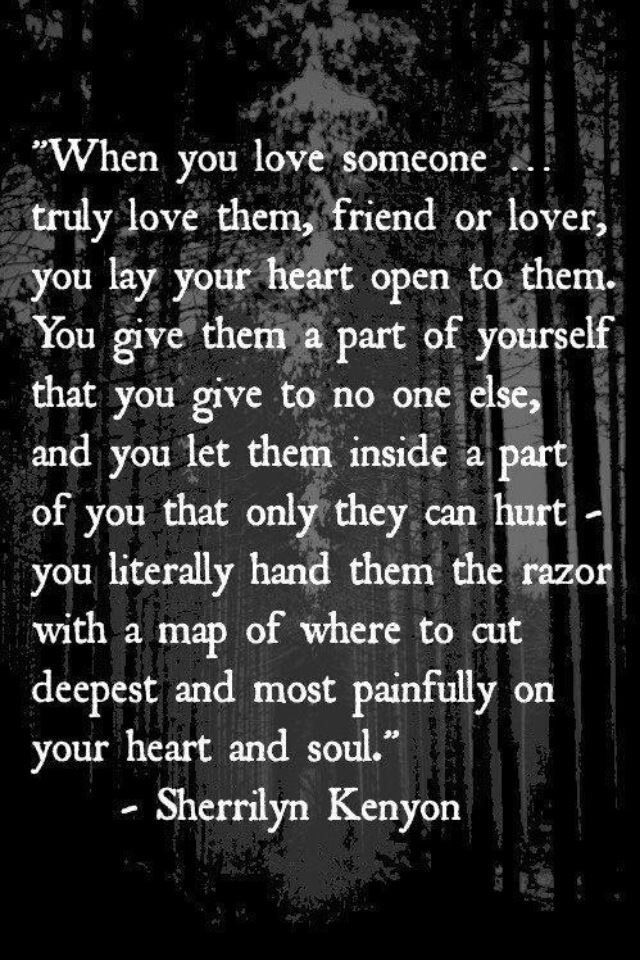 Put all your mind and heart into learning whatever it was that you had left behind.
Put all your mind and heart into learning whatever it was that you had left behind.
This way, you will gradually move your focus from the person or thing you wish to emotionally detach from.
Why just learn a skill? Do anything that’ll shift your focus – go out for that long holiday, cook yourself a yummy breakfast or buy a pet.
Must Read: 8 Signs You’re in a Toxic Relationship
4. Don’t Let Someone Come Too Close To You
Wondering how to emotionally distance yourself from someone? Take a step back and analyze how close that person is to you.
Unless and until it is someone who you can actually confide in (and when we say that we mean you know the person like the back of your hand), don’t disclose every aspect of your life to them.
Unless necessary you shouldn’t even tell them your plans. Be very discreet in who you joke around with or even hang out with. It’s good to ask for help but sharing the most intrinsic secrets should be done with someone really trustworthy.
5. Think Forward And Forgive If Needed
Think specifically of the future. You might or might not see that person in your future goals. So, figure out ways of dealing with tasks without this person right from now.
This way, you will even learn to become independent. If there has been a past, it would be better if you let it go. In fact, think about how brilliant and awesome your future will be. So much so, that there are no traces of the past whatsoever.
If you want to detach from that person because of the wrong they have done to you. For instance if they’ve broken your trust. Try forgiving them. This way you are letting go of the reason that could be stopping you from moving ahead. You will find that over a period of time, you might as well have forgotten them.
6. Seek Help From Therapists
We know how taxing emotional detachment in relationships can be. We also know that there can be instances that would have taken a serious toll on your emotions such as going through a breakup or leaving a toxic relationship with a friend or spouse.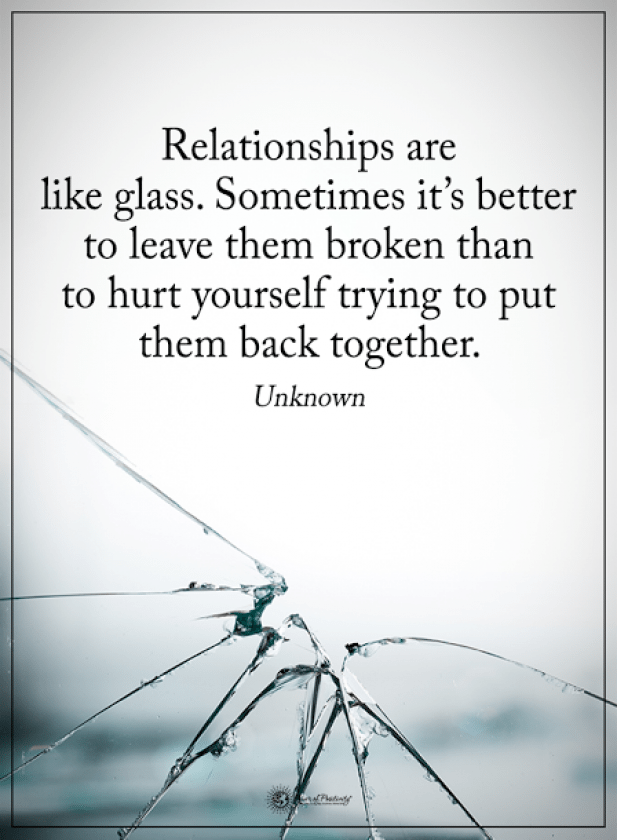
Such relationships are complicated and despite leaving, emotional remnants tend to haunt you for a long period of time. In such cases, if you are finding it hard to emotionally distance yourself from people, it is advisable to seek professional unbiased help from therapists.
Get Help from a Licensed Therapist
Suggested Read: Top Online Therapy and Counseling Programs
Why Should You Emotionally Detach Yourself From Someone Or Something?
Emotional detachment is often seen in a bad light. We completely agree that emotions are what make us human. But, there are times when we need to use these emotions intelligently. That’s because if you don’t, some people with ulterior motives might just misuse it.
Listen to Podcast On How You Can Exercise Emotional Intelligence In Daily Life
If intelligently exercised, say for instance if you learn to control your emotions while at the workplace you will be able to make wiser decisions and even maintain a healthy distance with your colleagues.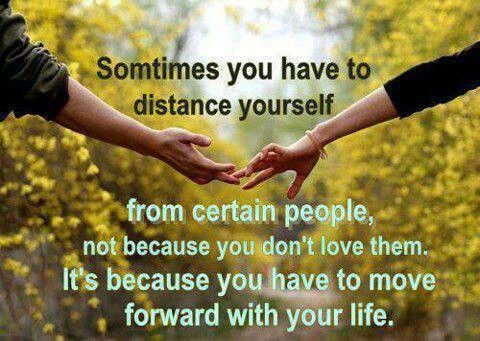 Now, that you have learned how to detach emotionally from someone or rather, how to stay emotionally detached, wouldn’t you want to know what benefits you will reap?
Now, that you have learned how to detach emotionally from someone or rather, how to stay emotionally detached, wouldn’t you want to know what benefits you will reap?
Here are some reasons why should emotionally detach yourself from things or people –
Read More:- 10 Best Instagram Therapists To Follow For A Stronger Relationship
1. You’ll Be At Peace – Mentally!
Let’s say you were emotionally dependent on a colleague at work. He or she would support you every time your boss got angry at you or helped you when you were stressed because of a task. Then one day, this colleague had to move to a different job or to a different department. As a result, you became clueless of how you would be able to tackle things.
2. The Judgement Of People Won’t Matter To You
Image Source: Huffington PostYou may ask why? That’s because if you are not so emotionally attached to people, you won’t take things personally and react rationally against people. You will be able to exercise your common sense in a much better manner. And, last but not least (and trust us on this one) since you won’t have to tussle with people to drive points, you won’t get exhausted.
You will be able to exercise your common sense in a much better manner. And, last but not least (and trust us on this one) since you won’t have to tussle with people to drive points, you won’t get exhausted.
3. You’ll Have Lesser And Lesser Amount of Memories (Bad Ones)
Have you been harping upon the good times with a person who is now completely indifferent to you? If you are somewhat emotionally detached you will have fewer and lesser amounts of such memories. You will be able to look at people in a completely unbiased manner and not judge people because at some point they behaved in a certain way with you.
4. You’ll Be Less Vulnerable
Again emotions are nice. It is a human act that makes us lovable, makes us look sane but if you are someone who makes decisions in the fit of emotions, sorry friend! But the can also be your foe if you let them control you. You will always see yourself landing in a weak situation. On the other hand, if you know how to practice emotional detachment, people will find it hard to move you.
Now, you know why at times you should be emotionally detached. Here’s what next you might want to know – how to emotionally detach from someone or something. It might not be easy but if you have the will and the right mindset even love or the highest level of affection won’t get in your way. You will also find an answer to how to detach from someone you love.
Also Read:- 7 Ways To Communicate When Angry Like Emotionally Intelligent People
Some General FAQs:-
1. What does it mean to emotionally detach yourself?
Emotional detachment means to be able to detach or disconnect with anyone on an emotional level. In simple terms, it is when you put your emotions aside when dealing with a person or object.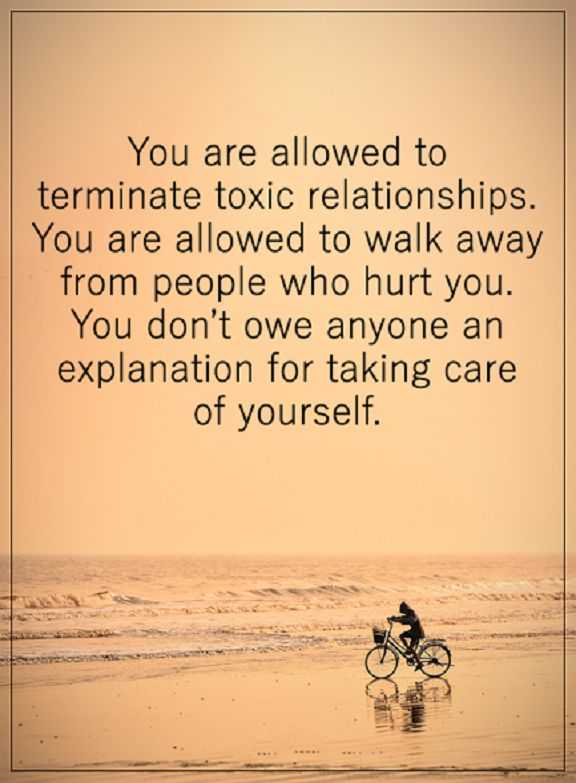 On the brighter side, if you practice emotional detachment, you would look at the other person’s actions more pragmatically.
On the brighter side, if you practice emotional detachment, you would look at the other person’s actions more pragmatically.
2. How do I detach myself from my partner?
Again, you are solely responsible for your happiness. Speak this aloud to yourself till you believe it. It isn’t your partner who is necessary for your happiness but you. You needn’t feel guilty or even worry about their well being.
If you or your partner have decided to move on, it’s fairly clear that you or your partner want to take complete charge of your own life.
3. How do you emotionally detach yourself from someone you like?
We understand that doing this can be tough! But by practicing healthy emotional detachment you’ll do yourself a lot of good. While trying to look at the relationship objectively, focus on what you are most passionate about.
If your primary passion reminds of the person you like, pick something else and put your heart and soul in it.
4.
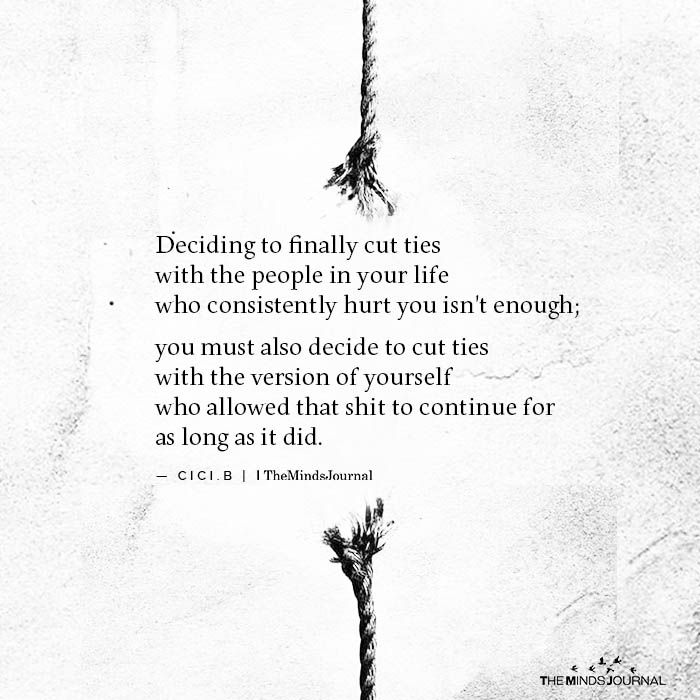 How do you detach from a relationship?
How do you detach from a relationship?There are times when you just cannot fix relationships and the harder you try to fix them, the more toxic they’ll become. So, the first and the foremost thing you should do is to accept this fact that this “partnership” has now become toxic and the sooner you’ll get out of it, the better your life would be. And, we have already discussed some of the best ways you can learn how to emotionally detach yourself.
What Do You Think?
Is emotional detachment good or bad? We hope we have been able to help you with how to practice emotional detachment. Which of the above reasons or ways most resonates with you, do let us know in the comments section below.
Till then, enrich yourself with more such content and do not forget to follow us on all social media platforms.
You May Like These Also:
Emotional Numbness: The Feeling of Being Empty and Numb Within
Mentally Exhausted? 8 Effective Tips To Combat Brain Exhaustion
How To Deal With Emotionally Draining Friends
15 Steps for Distancing Yourself from People Who Hurt You
There might be affiliate links on this page, which means we get a small commission of anything you buy.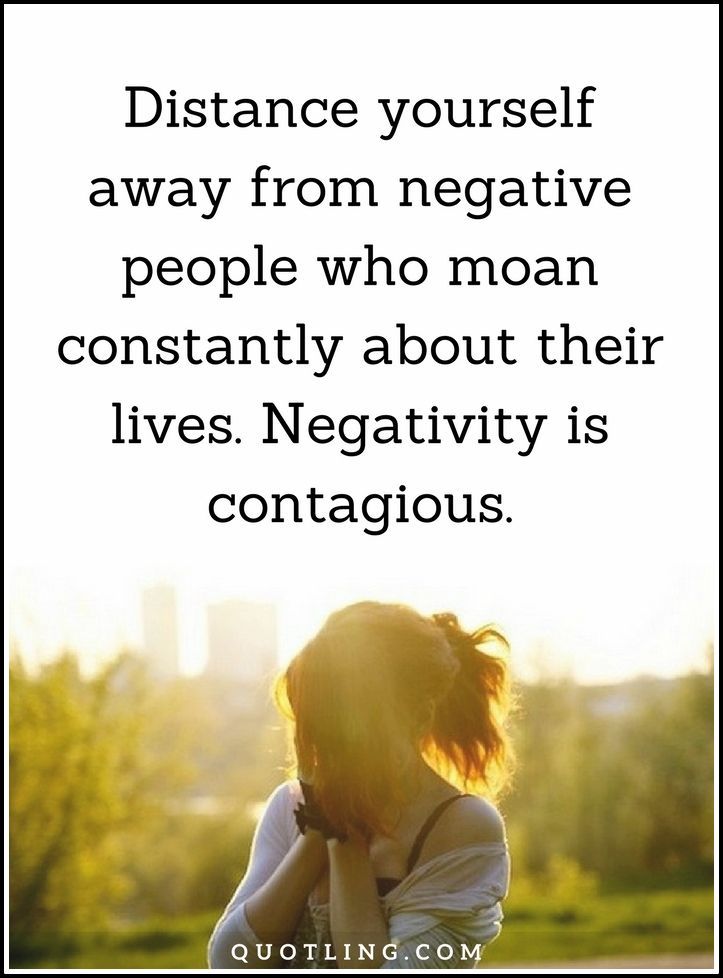 As an Amazon Associate we earn from qualifying purchases. Please do your own research before making any online purchase.
As an Amazon Associate we earn from qualifying purchases. Please do your own research before making any online purchase.
People can be toxic. In fact, research shows that 80 percent of Americans have been emotionally hurt – whether at work, school or home.
It can be a friend dragging you down or that jerk you can’t avoid at work. It could also be a close family member who thinks having blood ties justifies lousy behavior.
Whoever it is that makes you stressed out, discouraged and hurt… it’s time to seriously consider distancing yourself. Maybe it shouldn’t have gone on for as long as it has? Maybe you didn’t realize it until someone else pointed it out to you.
But here it is. And, sometimes, you have to let go for the sake of your mental health and serenity.
Table of Contents
What Is Emotional Distancing?
Emotional distancing, also called emotional detachment, is the unwillingness to bond with other people emotionally.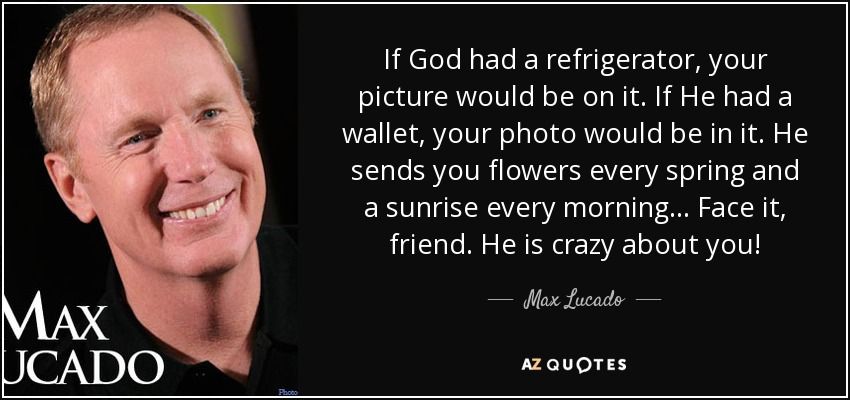 Distancing yourself helps protect you from anxiety, stress, or unwanted drama.
Distancing yourself helps protect you from anxiety, stress, or unwanted drama.
For others, the distancing is not always intentional. For example, you may distance yourself to avoid explaining the cause of your detachment.
Emotional distancing can be helpful if used well. It helps to set boundaries with some people or groups that put you down. It also helps you avoid being too close to people who demand too much emotional attention of you.
However, emotional distancing can be hurtful… especially if you are not the one to control it. You might feel numb or mute… a situation known as emotional blunting. It's a symptom or problem that requires to be addressed by a mental doctor.
What it Means to Distance Yourself
Creating space from someone does not mean just physical detachment. It also means disconnecting from emotions and feelings towards them.
Distancing yourself from a particular person or relationship means cutting all ties with them temporarily to re-examine things.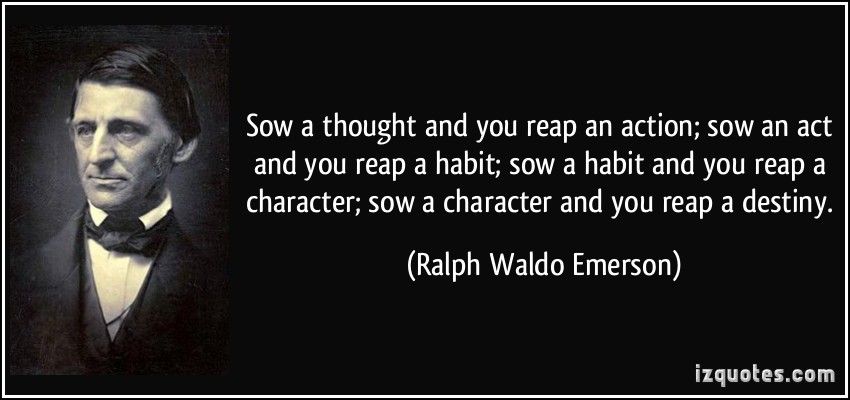 There is zero interaction, which sometimes results in driving them away completely from your personal life.
There is zero interaction, which sometimes results in driving them away completely from your personal life.
Emotional distancing does not mean you hate the person or stop caring about them. Instead, it means you are taking a step back to weigh the effects of that relationship on your mental health and staying away for your own sake – because you are your first priority.
Emotional distancing can also be gradual, in which case you slowly become less and less available. You can also tell the person directly that it is better you part ways for a while for the sake of your happiness.
Contrary to what many people think, emotional distancing and taking some time to breathe is one of the most honorable things you can do for your health.
Why Would Someone Choose To Distance Themselves?
There are many reasons why someone would decide to emotionally distance themselves from others. These include:
- Unresolved conflict
- Personal choice
- Past trauma (abuse, neglect, or trauma)
- Craving alone time.

- Feeling uncomfortable
- Losing that loving feeling
- Stress and depression
- Manipulation effect
- Medication use, such as antidepressants
- Mental conditions, such as PTSD or a personality disorder
- Substance Abuse
- Change of habit
Mental and Physical Effects of Hurtful or Toxic Relationships
A hostile relationship can significantly impact both your physical and mental health. Some effects of a hurtful relationship include;
- Chronic stress and anxiety
- Violent behavior
- Negativity energy in life
- Emotional drain
- Interference with school or work
- Increased risk of cardiovascular diseases
- Physical and mental health problems
- Increased risk of depression
- Diminished confidence and self-worth
- Hindered personal growth
- Separation from family and friends
- Shortened lifespan
- Miserable life
- Worsened symptoms of underlying chronic illness
- Distorted thought of a healthy relationship
- Drug abuse problems as a source of comfort
- Thoughts of suicide in extreme cases of depression
15 Steps to Distance Yourself from Hurtful Relationships
When your mental and physical health is at risk due to somebody else’s behaviors and actions, it's time to let them go!
If you've decided to let them go, GOOD! But how do you do it?
Below are 15 steps for distancing yourself from someone who hurt you.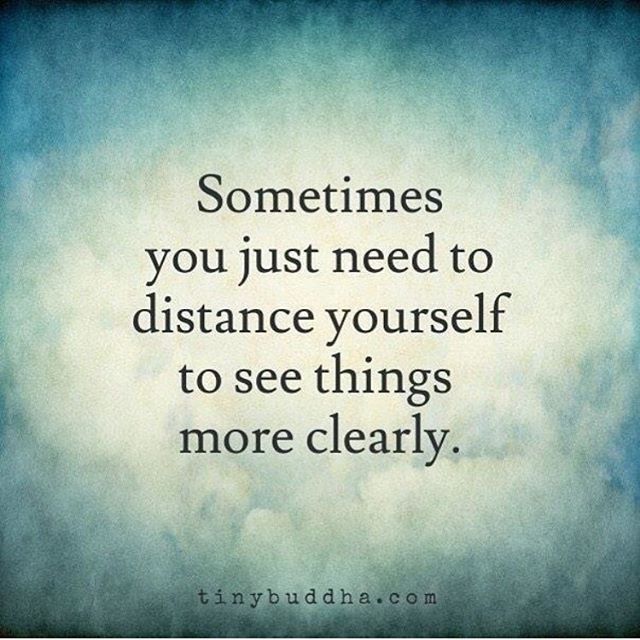 I have also included some valuable advice to assist you in getting through the difficult first few days of separation.
I have also included some valuable advice to assist you in getting through the difficult first few days of separation.
1. Put Yourself First
It’s time to think about your happiness and well-being because those who hurt you clearly may not care.
Maybe you’re the one always giving, and they’re always talking, but you get negative energy in return.
Even if you value your relationship with this person, don’t sacrifice your well-being while supporting them.
If it hurts to stay, think about yourself and realize that it’s time to cut ties.
2. Identify Your Reason to Leave
Ask yourself why you have decided to create a space from the relationship. Have your feelings towards that person developed gradually or did you get them in your first conflict?
Ask yourself why you have decided to create a space from the relationship.Having a solid reason to leave is essential. Without a solid reason, you might fall in and remain in the relationship or leave only to regret it.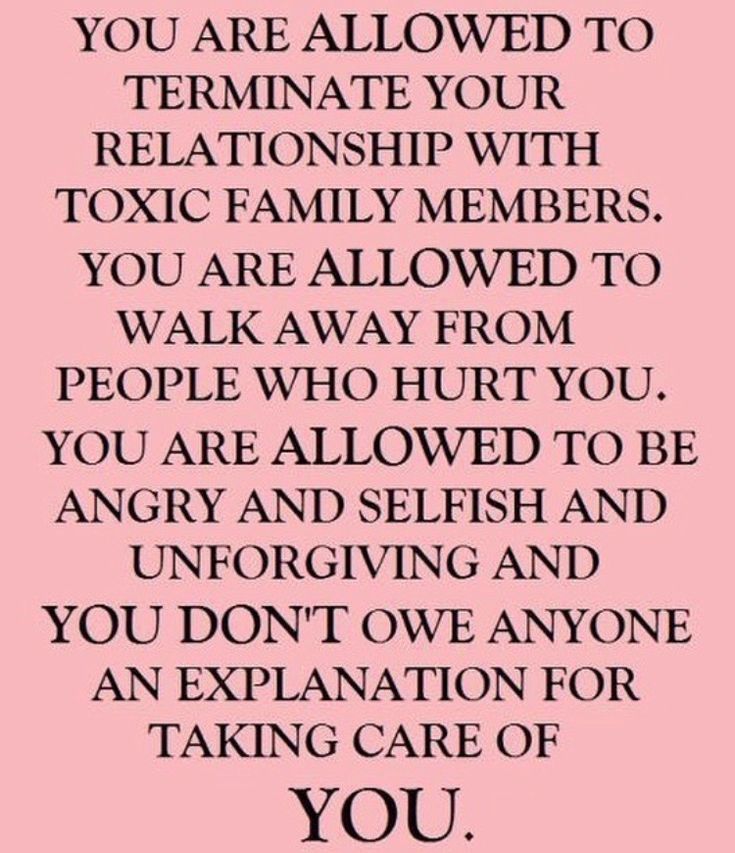
Identifying the reason will make it easier to focus on why you are letting go, and you will be less likely to return.
3. Release Your Tensions
Releasing the emotions you feel about quitting a problematic relationship is a crucial step.
You can choose to dance or cry. Whatever it is, it is healthy to release these emotions instead of holding grudges.
Creating an outlet will enable you to release tension and prevent uttering things you will regret later.
4. Start With The Simple Stuff
Quitting a relationship is just like quitting smoking. It can be hurting and a shock to your entire system.
In some cases, starting small is the best way. You can remove yourself slowly, a little at a time.
For instance, you may start by erasing the pictures you took together. Then delete old messages the other day. As you gradually let go of the past, your emotions will be in control.
However, the relationship may be traumatic in other cases due to mistreatment or domestic abuse.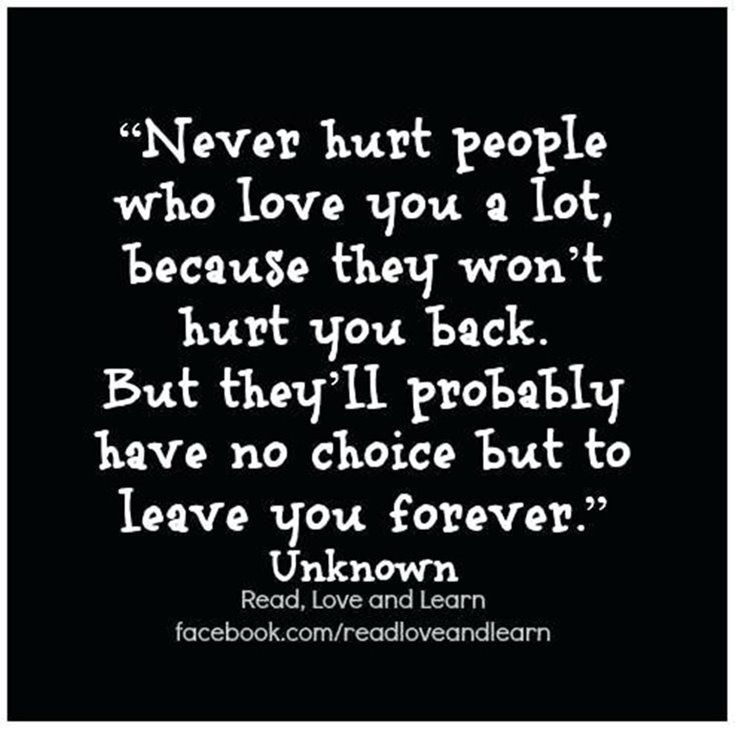
Moving gradually in this situation might worsen the situation and cause more pain.
In such a case, consider talking to an expert specializing in these kinds of relationships before taking any step.
5. Communicate Your Intentions
Communication is very critical in all relationships. It is even more critical, especially when issues arise in a relationship.
Thus, it is healthy to open communication. Be honest and tell the person why you want to detach yourself from them.
It is essential to tell the person why you want to distance yourself from them. This can help them realize their mistakes and change if that’s possible with them.
6. Create Physical Space
To cut ties with someone, creating physical distance between you is the most obvious thing you should do.
You can never emotionally distance and cut all links if you are physically surrounded by that person all the time.
This may need some preparation or spending, but it's worth your peace of mind.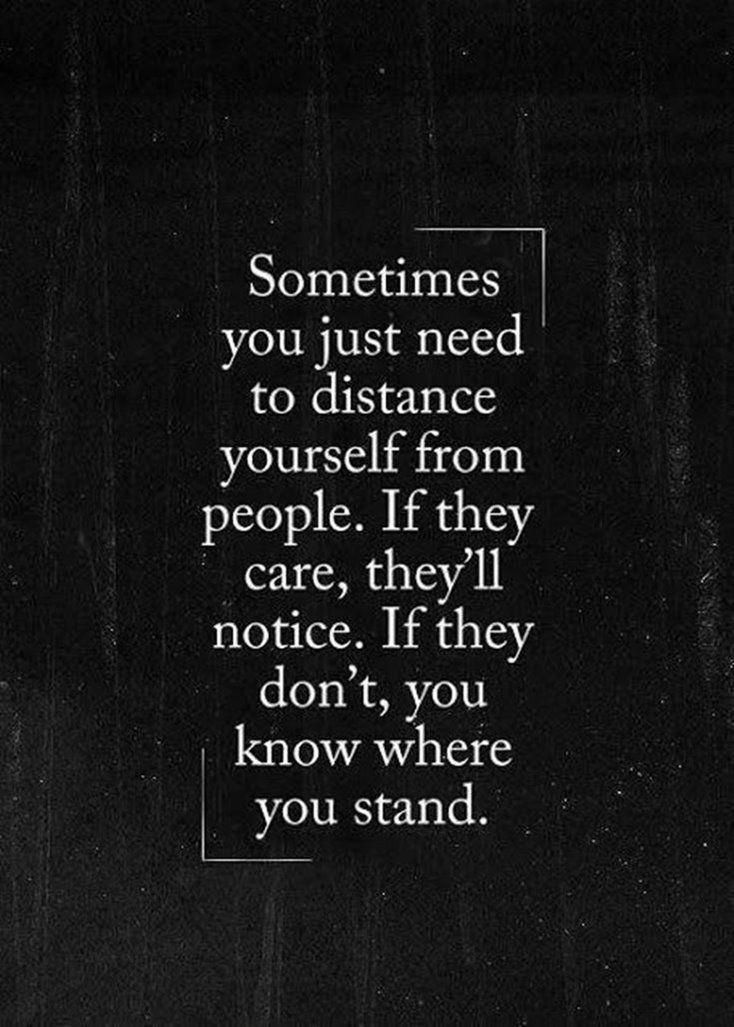
7. Stop All Communication
After communicating with this person, create space by cutting all communication—no calls, no texting. Complete blackout!
You can even block their number if you feel the need to do so.
If the person texts after you have told them you are detaching from them, you have the right to snub their texts, and you won’t feel bad about it.
You can’t stay away from somebody if you often see their face or updates on your social media. You will eventually have the urge to message them.
Therefore, blocking this person from your social media accounts is the best and the easiest thing to do.
By doing this, you won’t see them and won’t feel tempted to chat with them and keep the connection between you alive.
9. Practice Self-care
When hurting, it usually feels like there is nothing but pain. Engaging in self-care may look like saying “no” and setting boundaries.
Self-care can help you do the things that bring happiness and comfort.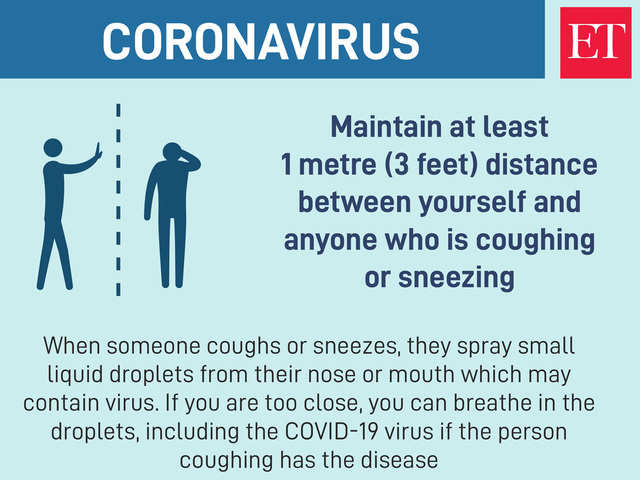 It also enables you to listen to your own needs first.
It also enables you to listen to your own needs first.
The more you apply self-care in your life, the more empowered you will be. Hence, your pains won’t overwhelm you.
Focusing on your life is essential. However, you are the one to choose between dealing with the pain you have experienced or giving in to depression – the earlier is a better option.
Thinking about the person who offends you will bring you back the pain and anguish and even slow you down – You need your positive energy.
Keep focusing on the things that you treasure – those that leave you fulfilled.
But don't forget your physical self-care too. Eating healthy, proper rest, staying hydrated and a little exercise will keep your body in shape.
10. Don’t Expect Apologies
Expecting an apology will just delay the process of letting go. Instead, concentrate on your healing by accepting that the person will not apologize.
For the sake of your healing, work on your forgiveness. Forgiveness is very important in the healing process.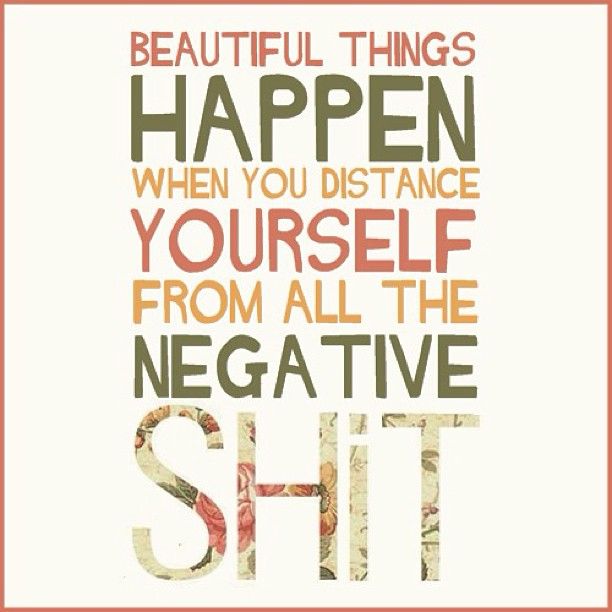
It helps to let go of anger, sadness, guilt, shame, or any other feeling that you might be experiencing and move on.
11. Lean On Your Support System
Emotionally distancing from somebody important in your life can be challenging.
Therefore, you need to get a strong support system to ensure you go through this the best way possible.
Spend your time with family and friends that care about you and want the best for you. It is also an excellent way of limiting isolation.
Open your heart to them to get advice and care from them. Nobody should be alone while going through something like this.
With your family members and friends, you rest assured that you still have amazing people around you. It will make your pain less painful and the healing process shorter.
12. Talk About It
When dealing with a situation that hurts you or painful feelings, permit yourself to bring it out by talking about it.
You can’t let go at times since you feel you aren’t permitted to talk about your feelings.
This might be because the people surrounding you are busy with their own issues and there's no one to lend you an ear. You may also be ashamed to talk about your feelings.
Talking about it is essential. You can try to find a therapist or friend who is patient enough to hear your problems.
13. Don’t Entertain Efforts to Win You Back
Staying strong is one of the most complex things to do when distancing yourself from somebody. Remain strong when that person tries to talk to you.
It will open the connection between you. The person may be willing to keep you in their life. They may try to call, message, or even meet you by chance.
It can be tempting to respond to this person. However, after you have entirely distanced yourself from them, you can catch up with them later if you feel like you want to.
However, you are not strong enough in this stage of trying to detach them from your life. Instead, you will find yourself inviting them back into your life.
Therefore, ensure you have blocked their number, stayed away from them, and avoided going places they could be.
14. Be Patient; Give it time
Cutting ties with people is a gradual process, and it takes a lot longer. Therefore, it is important to practice patience. It might take years to detach from somebody completely.
It can take even longer, especially if that person has an essential place in your life.
Unluckily, there is no easy remedy to cut ties with somebody and move on.
Therefore, keep avoiding them and stay encircled by people that care for you. You will eventually forget about them.
15. Seek Professional Help
Letting go of a painful experience can be a struggle, even for the strongest at heart. It can also be challenging to implement these steps alone.
Therefore, it is good to seek help from an experienced professional for guidance through the process.
Final Thoughts on Distancing Yourself
To let go is very painful. A conscious decision to do so is required to control the situation. It takes time and practice.
Be kind to yourself as you practice focusing on the situation and delight in the victories you have, however small.
Caring excessively about another person’s life and issues can harm your emotional and physical health. Distancing yourself can give you the emotional space you require to take good care of yourself.
While there is a risk of short-term stress or anxiety during the process, the end game is to relieve the source of that stress. Once that happens, you’ll be well on your way to a happier and calmer you.
Read our article on 9 proven ways to relieve your stress to have some tips in hand, in case you do experience increased stress and anxiety as you try to distance yourself from a toxic relationship.
Can asserting personal boundaries be toxic
The Oxford Dictionary’s 2018 word of the year is “toxic,” not least thanks to pop psychology that has made it a catch-all for anything that makes us uncomfortable.
Yuri Saprykin
Journalist, head of the book project "Polka"
Let's start with the fact that the whole story with the protection of one's personal boundaries is a great example of how words moderate us, how culture rebuilds us at its own discretion. As soon as the word "procrastination" appeared, we all immediately began to experience it, began to understand the name of our vague yearning and painful work idleness. This word collects our experience into something formalized. It's the same with borders. About 10 years ago, the word "borders" was not used in such a context and there was no awareness of the problem. As soon as the term appeared and came into use, it became impossible not to think about human relations from this angle. This can no longer be undone.
In Russia, it would not hurt to protect the borders. And not only in terms of communication, but also physical. Recently I saw a friend’s post on Facebook, where she said that she sat alone on a bench in New York for half a day, and no one approached her, and in Moscow someone would definitely sit down and start asking: “Why are you so beautiful, and Why are you sitting alone?"
Another important Russian tradition is to constantly creep into your family, impose on them thoughts about what they should be and what they should do. Here, too, a little detachment and respect would not hurt.
Or, for example, this morning I was reading a chapter from The Gulag Archipelago about how prisoners were transported in prison cars, where up to 36 people were stuffed into one compartment with bars so that some of them hung in the air without touching gender. What kind of boundaries are we talking about here?
This historical tail is trailing, in many ways determining our way of life today. It's great that now the focus has shifted towards sensitivity to each other and understanding that we must respect the isolation of the other. But, as always, when a new understanding appears, it begins to be absolutized - and problems begin.
Psychotherapists say that you need to keep other people away from your personal boundaries, to clearly understand where your personal space is, where your comfort zone is, and what your choice is. This is an illusion and self-deception. This does not bring happiness to those who try to literally follow this advice.
As the poet John Donne said, "No man is an island" - "None of us is an island", and no one is separated from the outside world by their impenetrable boundaries.
You still exist in the social space, in the space of different communications, and yes, there are communications that are uncomfortable, sometimes dramatic and traumatic. The world is so arranged. And the desire to control all this on your own will lead to even greater disappointment and a sense of collapse. Many of these interactions are beyond your control. You cannot force all people to use the language that you think is correct, just as you cannot force them to guess in advance what will cause you discomfort or pain.
Stoic philosophy, for example, says that you shouldn't worry about it at all. Only care about what you can control, and what you cannot, just let go. The modern therapeutic approach pushes these limits to the unimaginable and says that we can control everything: make and teach people to be the way we want.
The place where we live - a big city - is a place of much more loneliness than a village or a conservative community in which your every action is in sight and there are no boundaries. Everyone has their own opinion regarding you and your actions, and he tries to impose it on you. It is a great blessing that people escaped from this community several generations ago and can live in the city, each on their own. There is a famous quote that the city is "a meeting place with strangers", a place of unexpected experiences and things that do not fit in your understanding, but can expand this understanding.
The imposition of a discourse of boundaries kills the understanding that openness is good. That you need to be open to a new experience, to be ready for the fact that this experience will capture you, this is what life consists of. This experience is not necessarily traumatic and unhappy, sometimes it's just an adventure that throws you out of your routine.
The notion of oneself as a closed entity, strictly limited and leading a predictable way of life within these boundaries, is very boring, first of all. And it takes so much effort to defend these boundaries that there is no longer any need to talk about some kind of joy of harmony and happiness. The maximum you can count on is the painful maintenance of this very comfort.
Viktor Bogomolov
Family psychotherapist
Psychotherapy is focused on solving life's difficulties and does not pretend to change values. In addition, it always takes into account and often involves the environment of a person and does not consider a person in isolation.
Psychotherapy can turn into difficulties and problems for the patient's environment if a person joins communities of a philosophical and psychological order and begins to live a significant part of his life within them, rotating in a circle of like-minded people. To prevent this from happening, it is necessary to separate psychotherapy and various teaching/developing communities with psychological content. So that the course of psychotherapy does not spoil relations with loved ones, it is necessary to monitor the observance of ethical standards by psychotherapists. This is the task of both the specialists themselves and the society.
Self-help increases the amount of love in the world. It is focused on a specific task or problem. If the promises of a method/book/training are about overarching things or about how a person should function, then we are crossing the line between self-help and selfishness.
![]()
In order not to cross this border, in your intentions to change something in yourself or solve some kind of difficulty, you need to be modest and honest. Humble means appreciating small steps, small changes, and being critical of the overblown promises and formulations that accompany a helping practice or method. To be honest means to understand exactly why you want to bring this change into your life.
During my practice, I noticed that clients go through different stages of change and at some stages they can start doing things that surprise loved ones or displease them.
If you see positive changes in your loved one during psychotherapy, tell him about it, and the more specific the feedback, the better. If you see negative changes, share your observations, ask how the person undergoing psychotherapy sees it, and if he sees the same way, then how he explains it.
If during psychotherapy your surroundings stand up against you and begin to consider you an "egoist", you should not break off the relationship - this will almost always be a suboptimal solution - but distance yourself and offer new clear rules for communication. The exception is situations of physical violence and obvious abuse.
It is clear that there is a large gray area in which the behavior of relatives can reside - for example, passive aggression or manipulation. Most often, complaints from loved ones during psychotherapy are not related to the fact that you have become less responsible, but to the fact that you have become more confident and strict in defending your boundaries.
Find out what exactly your family doesn't like. What specific behavior annoys them? Take a break: "I need to think about what you said (a)." If you are being labeled "toxic", think about what is the meaning of "toxic" behavior for you personally? If you feel it as a more mature form of behavior or transitional on the way to some important changes in life, defend the boundaries. If it feels like something incomprehensible or childish, very spontaneous - discuss it with the specialist with whom you work.
Jules Recher
Philosopher, necro-psychotherapist, psychoanalyst
It must be understood that in psychotherapy, at least in philosophically oriented psychoanalysis, there is no goal to form or help form the correct model of a person - non-selfish, non-toxic. Priests are involved in the formation of the “correct” personality, they have a model of the “correct” person, the psychoanalyst does not have it. Selfishness and toxicity are moral categories that have migrated into popular psychology and everyday language, but which have no place in psychoanalysis.
Toxicity is a label that has been trendy lately, which radically simplifies everything and at the same time explains little. The one who calls another toxic, for this he himself, in turn, can be called toxic - so you can change roles to infinity, but you can’t bring any clarity.
Egoism is not the opposite of a socially useful function. In airplanes, in the event of cabin depressurization, the oxygen mask must first be put on oneself and only then on the child - according to the same principle, a person cannot provide support to others if he has not taken care of himself first of all, has not taken place as an autonomous person. The fact that parents ignore the child by putting on a mask first on themselves may annoy someone, but this irritation is a personal problem of the annoyed.
Since man is a social being, taking care of himself, he implicitly takes care of others.
For example, a person who ignores the requests of loved ones to pay more attention to them and instead spends time studying or working, as a result of such “selfishness”, can make a larger and more significant contribution to society than the time spent with loved ones. Thus, the category of selfishness is blurred, becoming, first of all, an instance of connections with others.
The boundary between selfishness and self-help is relative. In the airplane example, selfishness could be considered behavior when a parent put a mask on himself, but after that he did not consider it necessary to take care of the child. It is important to respect the actions and choices of others: it is very difficult to exist in a society in which this does not happen.
If your loved ones after a course of psychotherapy accuse you of "toxicity and selfishness", make sure you understand their position and logic, try to get others to understand your position. You should never break off relations with loved ones: firstly, an understanding of each other's motivation may come later, and secondly, in addition to accusations of selfishness, relationships with loved ones have many other aspects that are not always worth sacrificing to a specific conflict.
If loved ones perform or replace the function of parents, then the therapist is a professional adult nanny. In a sense, the psychotherapist serves not only the egoism of the patient, but also the egoism of his loved ones. Here it must be remembered that the task of both parents and a nanny is to make an adult and independent out of a child, that is, a person who no longer needs them.
Although this task is inherently impossible: a person always has a need for the support of others.
Anastasia Rubtsova
Psychotherapist, art therapist, journalist
First of all, it seems to me, we need to define what we mean by the word “selfish”, and especially by the very broadly understood word “toxic”. It is clear that both of these words are something about social evaluation, about how we are evaluated by the people with whom we communicate. Quite often, though not always, people start calling us selfish when we allow ourselves to start thinking a little about ourselves in places where we used to think only about others. The irony of life is that real, phenomenal egoists are not offended by accusations of selfishness, and they practically do not undergo psychotherapy. They, you know, are so good.
As for "toxicity", today it is a wrapper word, the same as "narcissism" or "traumatic", which by and large does not tell us anything. I doubt at all that a person can become more toxic, whatever that means, after psychotherapy. Usually, it is precisely from “toxins” (figuratively speaking) that a person is freed from the tension of an internal conflict, from anxiety, from a misunderstanding of what is happening inside him. Usually the client just comes to the therapist at the peak of problems, with the feeling "I don't understand what's going on, and I can't cope. " Quite often, those close to him at this moment are also not easy. So at least they won't get worse.
How to behave if a loved one is undergoing psychotherapy? And how should people behave when their loved one went to the gym? Or, for example, decided to be treated for a chronic disease? On the one hand, do not pay special attention and live as you used to. On the other hand, keep in mind that a person for sure - especially at the first stage - will want to discuss with someone what is happening to him. It's great if you have the strength to listen to him without irritation, without "get rid of your psychotherapy / your sports / your treatment already." But if not, no one will die either.
It is useful to remember that sometimes it is difficult for a person, he may not feel very physically: any treatment takes strength. Again, if loved ones have the strength to support at such moments, this is wonderful. But not necessarily. Miracles, in my experience, do not happen, and if a person came in a state of acute crisis, then most likely the entire family system is in crisis. Everyone is crawling with the last of their strength, not up to supporting each other. So it’s enough just to understand that you are in the same boat, not to humiliate or drown your loved one.
It seems to me that there is no need to specifically look for the line between selfishness and self-help: these are so different things that it is simply impossible to confuse them. Selfishness - in my understanding - is a physical inability to notice other people, their needs, needs, interests. It is not a fact that a person can at least take care of himself. But about others - just nothing, in his inner world there are no these "others".
The ability to take care of oneself comes from other conditions of the task. This is the position of an adult who usually has responsibility
- for example, in front of close people, in front of children, work, business. Finally, in front of yourself. And a person understands, usually through trial and error: in order to carry this responsibility, you need to take care of yourself. In order to have strength, physical and mental, you have to sleep normally, eat, play sports, and rest. Give yourself gifts sometimes and arrange an unscheduled weekend. And keep yourself, like a tool (sounds a little cynical), in good shape.
In general, if there is a chance to save a relationship in difficult situations, I am always in favor of saving them. Not at any cost, but usually a bad peace is better than a good quarrel. Here, rather, it is about increasing the distance, because the "bad world" is not an endless grinding of family holidays, not sweet smiles in response to accusations, not excuses in the spirit of "I'm not an egoist." A bad world is like relationships with not very pleasant neighbors, from whom we have nowhere to go. This is when we greet each other at a meeting, do not slam the door, we can jointly discuss some really common areas of responsibility. But we do not come to a neighbor with spiritual outpourings and do not expect understanding. And we don’t let him in with outpourings. This is sometimes a very, very difficult task for many years.
Problems in understanding with loved ones due to psychotherapy can occur due to various circumstances. Need to figure it out.
This may be because the close environment is very much worried because the person is somehow changing. The family, like any system, is very striving to maintain balance, and reacts to any changes with anxiety.
Sometimes it helps just to reassure loved ones, to say: "It's still me, I'm not going anywhere, no one will spoil me, I won't go to any sect, I won't become a prostitute and a counterfeiter." Because often fears are just that.
It is always useful to listen to what exactly relatives see as a manifestation of toxicity and selfishness. To understand - is their interests really infringed somewhere, or are they just outraged that they began to get less care?
Sometimes, at the beginning of psychotherapy, a person feels as if he has received an indulgence to think only about himself, only about his feelings and needs.
Especially if before that he thought about others all the time and cared too much about their feelings. But one must understand that this is not the goal of psychotherapy, this is the initial stage.
Like a person who has not been in the fresh air for a long time, breathes and breathes, and cannot breathe, and runs headlong across the grass, and yells with joy. This state goes away pretty quickly on its own, especially if you don't hiss angrily: "Stop behaving like that immediately, don't be selfish, think of me."
If you can't forgive someone...
I hate all the clichés about forgiveness.
I know every proverb, every piece of advice, every conventional wisdom, because I tried to find answers in the literature. I have read all the blog posts on the art of letting go of anger. I know that the distance between “deciding to forgive” and truly feeling at peace can be overwhelming. I know.
Forgiveness is an impenetrable jungle for those of us who crave justice. The very thought of someone walking away unpunished after everything they've done hurts. We do not want to keep our hands clean - traces of the blood of the offenders would suit us just fine. We want to level the score. We want them to feel the same as we do.
Forgiveness seems like a betrayal of oneself. You don't want to give up the fight for justice. Anger burns within you and poisons you with its own poison. You know it, but you still can't let go of the situation. Anger becomes part of you, like the heart, brain or lungs. I know this feeling. I know the feeling when the rage in the blood beats to the beat of your pulse.
But here's the thing to remember about anger: it's an instrumental emotion. We get angry because we want justice. Because we think it will help. Because we believe: the angrier we are, the more changes we can make. Anger does not understand that the past is over and the harm has already been done. He says revenge will fix everything.
Being angry is like constantly picking open a bleeding wound, believing that in this way you will save yourself from the formation of a scar. As if the person who hurt you will one day come and stitch it with such incredible precision that there will be no trace of the cut. The truth about anger is that it is simply a refusal to be treated. You are afraid, because when the wound heals, you will have to live in a new, unfamiliar skin. And you want to return the old one. And anger tells you that it's best not to let the bleeding stop.
When everything boils inside you, forgiveness seems impossible. We would like to forgive because we know intellectually that this is a healthy choice. We want the calm, the peace that forgiveness offers. We want liberation. We want this seething in the brain to stop, but we can't help it.
Because nobody ever told us the main thing about forgiveness: it's not going to fix anything. This is not an eraser that will erase everything that has happened to you. It won't undo the pain you've been living with or provide you with instant peace. Finding inner peace is a long, hard journey. Forgiveness is just something that will keep you hydrated along the way.
Forgiveness means giving up hope for a different past. That is, the understanding that everything is over, the dust has settled and the destroyed will never be restored to its original form. It is the recognition that no amount of magic can repair the damage. Yes, the hurricane was unfair, but you still have to live in your ruined city. And no anger will raise it from the ruins. You will have to do it yourself.
Forgiveness means taking personal responsibility—not for destruction, but for restoration. This is a decision to regain peace.
Forgiveness does not mean that the guilt of your offenders is atoned for. It does not mean that you should be friends with them, sympathize with them. You just accept that they left a mark on you and now you have to live with this mark. You will stop waiting for the person who broke you to return everything “as it was”. You will begin to heal wounds, whether or not scarring remains.

